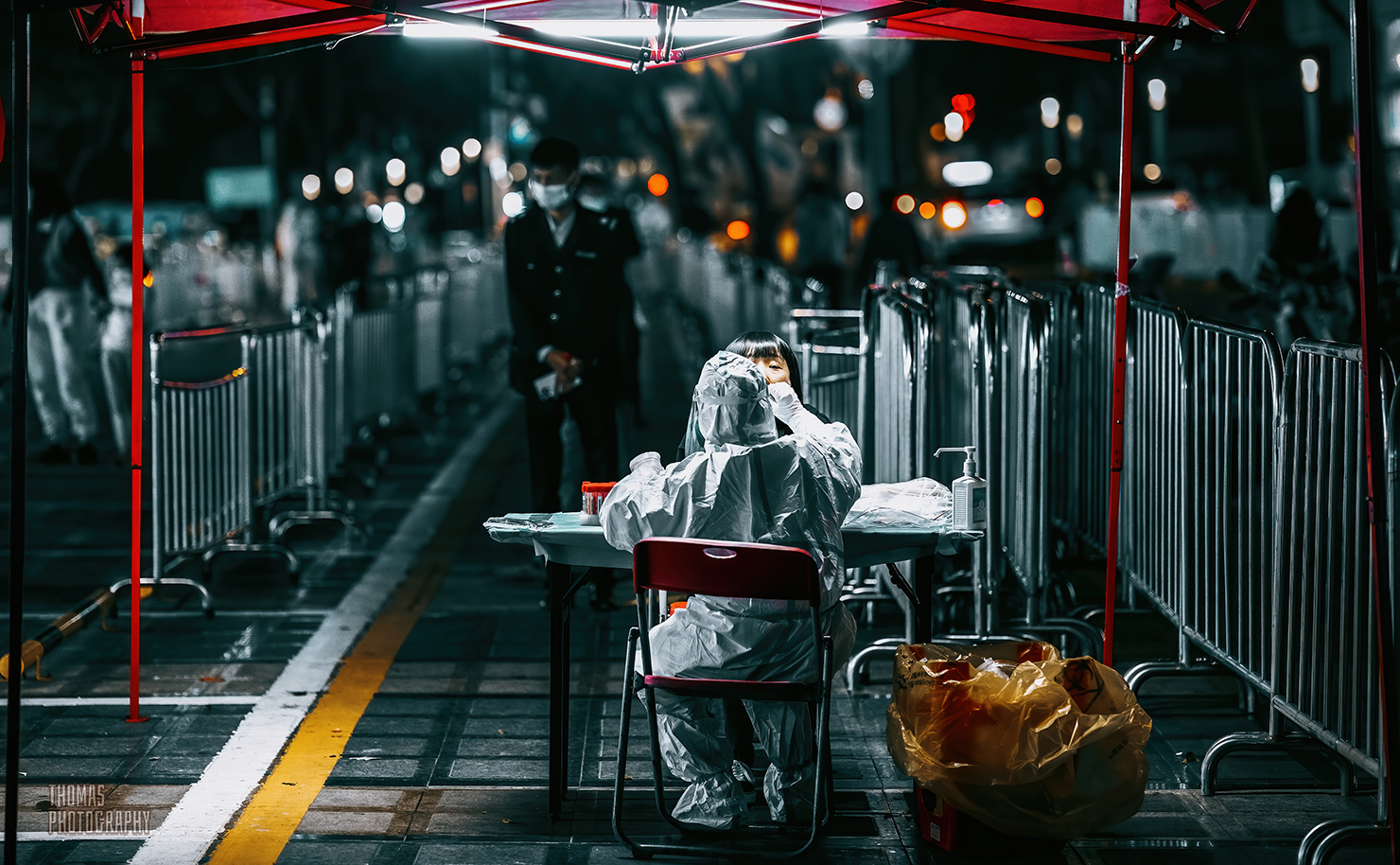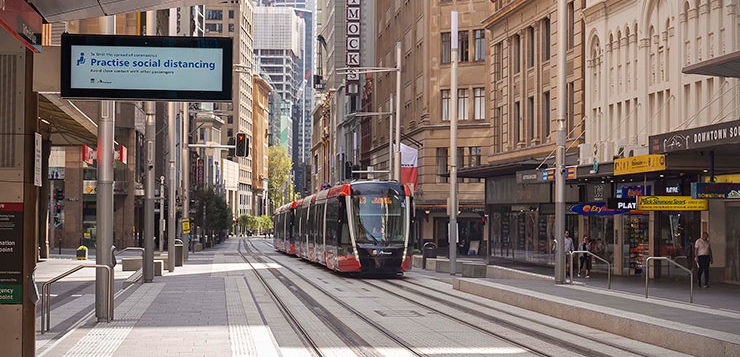Were we all maybe just a little too willing to accept authoritarian controls on our lives? Cat Moir weighs in to life in isolation.
Back in 2007, just a few years after the 2002-2003 SARS outbreak, medical researchers at Hong Kong University published findings confirming the risk that a coronavirus originating in bats could be the source of a possible new public health emergency.
In the event of a new outbreak, the researchers recommended steps that many governments are now taking, albeit to varying degrees and in haphazard combinations: widespread testing, social distancing, strict personal hygiene, temperature checking, the closure of public spaces, and health checks for travellers (interestingly, the research questions the value of screening at international borders, let alone their closure).
In the aftermath of SARS, the Chinese government stepped up measures in the form of additional public health funding, an educational campaign, and an emergency outbreak response procedure. The Hong Kong team’s proposal to introduce stricter biosafety laws around the sale of wild animals seem to have been less well-heeded: after a brief 2004 ban on the sale of civets, one of the transmitters of SARS-COV, the sale of wild animals resumed.
As has been pointed out elsewhere, there is more than a little racism, not to mention speciesism, in the obsession with Chinese markets as the origin of coronavirus. But amid the coronavirus crisis, sensationalism and panic of all kinds are the order of the day.
To some extent, the preparations China made in the aftermath of SARS, and the measures it took once the new virus outbreak was confirmed, seem to be working. The world marvelled as the Chinese state built hospitals specifically intended to treat coronavirus patients in a matter of days. Meanwhile, the country’s success in ‘flattening the curve‘ of new infections through extensive testing and intensive quarantining measures has also been praised.

Others have noted that it is relatively easy for authoritarian governments to implement containment measures and infrastructure projects on vast scales at short notice, and have warned against the temptation for democratic societies to ape the model.
Yet throughout the world today, draconian measures are in place as governments struggle to contain not only the virus, but the threat that their legitimacy and that of key aspects of the global socio-economic order might be called into question.
Nobody can deny that the outbreak of SARS-COV-2 is a global public health crisis. This is a previously unknown virus, with no vaccine, cure, or established treatment protocol. Figures on mortality and hospitalisation rates are contradictory. One US study suggests that 50% of infected patients require hospitalisation, with 10% needing intensive care treatment. Another, published just a few days later in the same venue, puts the figures much lower, with 5% requiring hospitalisation and 2% intensive-care treatment.
Certainly, hospitals in China, Italy, Spain and the USA report being overwhelmed, with insufficient access to protective clothing for staff, ventilators and beds for patients. Even at a 5% hospitalisation rate, if a virus is highly contagious, and people start to contract it in the millions, there is no healthcare system in the world that could cope.
The crisis exposes some uncomfortable hypocrisies. For decades, governments around the world have either under- or de-funded public healthcare systems, or insisted that healthcare is not a public good. When French hospital workers went on strike to protest against cuts to funding last year, police sprayed them with tear gas. Now President Macron is paying homage to those on the frontline of what he has described as a war, and calls for members of the public to do their part in a spirit of resistance.
Despite warnings by medical professionals and other advisors, even the governments of rich-world countries were unprepared for this situation. This constitutes a failure of our elected representatives, and of the austerity regimes they imposed—for which many of us, it must be remembered, have consistently voted. Perhaps now, in our confinement, we will have time to reconsider our allegiances.
The need to do so seems all the more urgent since many of these same world leaders are curtailing or appear willing to curtail democratic freedoms in response to the virus. On Monday, the Hungarian parliament passed new legislation allowing Prime Minister Viktor Orbán to rule by decree, suspending some elections, and enabling prison sentences for those who oppose the measures or break the government-imposed curfew.
There is good reason to fear that Orbán, who has been chipping away at civil liberties for some time, may be using the coronavirus as an opportunity to grab dictatorial powers. But concerns over the proportionality of responses are more widespread. In Germany, people are questioning the extent to which the government’s response to the crisis, which has included prohibitions on ‘loitering’, are actually legal.
There is no doubt that we have social solidarity obligations towards those most at risk not to behave carelessly when it could cost someone their life. But life is not merely the absence of death. It is society that suffers now as billions of people all over the world are confined to our homes, unable to enjoy the basic pleasures of human life such as being with friends and loved ones or even going outside. More seriously, many have lost or will lose livelihoods as a result of restrictions on travel and commercial activities.
The willingness many of us (I include myself) have shown to accept these changes as necessary and inevitable is worrying. The drip-feed of neoliberal ideology seems to have primed us to internalise the narrative of individual responsibility, when we could rather be holding the political class to account, or indeed questioning the systemic conditions of the crisis.
Instead, the lionisation of ‘strong leadership’ in the media is echoed in the twittersphere, where many are clamouring for ever more stringent measures, such as military involvement. Meanwhile, IRL or what’s left of it, some people are shaming those perceived to be flouting the rules.
The future is uncertain, and only time will tell whether the measures being implemented now will be considered to have paid off (whatever the criteria for that might be—it is impossible to weigh lost jobs against lost lives). Will new restrictions and powers be retrenched once the crisis is deemed to have subsided? Will China be seen as the state that handled the situation best, or will it be Sweden, where the response has been relatively relaxed?
Until days ago, governments around the world were enforcing the austerity regimes that helped to create the conditions for the situation we now face. Now these same governments are paying wages, freezing rents, and requisitioning private assets, giving the lie to their claim that austerity was unavoidable. Their duplicity just goes to show that we would all do well not to get too attached to our captors while in confinement.
Donate To New Matilda
New Matilda is a small, independent media outlet. We survive through reader contributions, and never losing a lawsuit. If you got something from this article, giving something back helps us to continue speaking truth to power. Every little bit counts.




